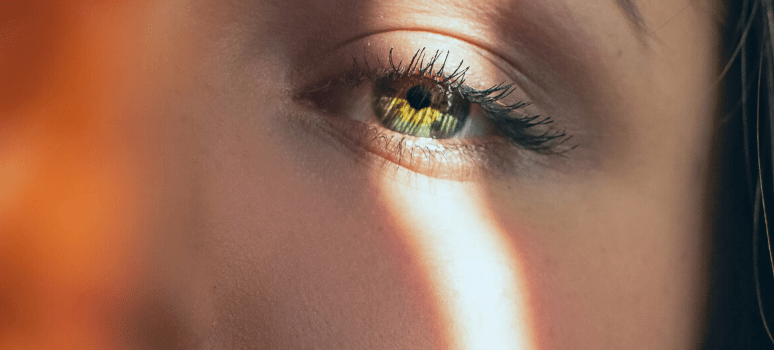
One of the things we love most about the sun is the tan it leaves on our skin. For many people it makes them look better. But we must control our exposure to the sun, especially if we have skin diseases.
Skin diseases can affect us all year round. In fact, there are many factors involved in their occurrence, with many experts claiming that the skin is the organ most affected by the emotional aspects of our lives.
The truth is that the sun can aggravate some of the symptoms of these skin diseases, but not only that, the chlorine in the swimming pool, the change of diet or relaxation on holiday after stress, can also affect us.
Diseases that worsen in summer and treatment
The following is a list of diseases that are made worse by the sun and are detrimental to our health:
- Rosacea: is a skin condition that causes redness and visible blood vessels on the face. Small red bumps may also appear. This condition appears on extremely sensitive skin and one of the factors that make it worse is sunlight. There is no cure for this disease, although there are dermatological treatments (moisturising creams or specialised emulsions) that help to control it and reduce the discomfort it causes.
- Seborrhoeic dermatitis: causes scaling and redness in the oiliest areas of the body. In summer, the condition is often worse, as it is affected by sweating, chlorine from swimming pools and the use of hats or sunglasses. To treat it, soothing products are often used to help moisturise and protect the skin.
- Fungi: can appear both on the toenails and on the skin itself. Heat and sweating cause our clothes to retain a lot of moisture, which helps fungi to develop. In the case of toenail fungus, walking in humid or excessively warm environments also helps it to appear. For skin fungus, the most effective way is to use a specialised cream with an antifungal effect. For nail fungus, the doctor usually prescribes antifungal drugs that are taken orally or applied directly to the nail.
- Skin blemishes caused by the sun: After unprotected exposure to ultraviolet rays, various types of spots may appear on the skin. There are white spots that appear as a result of an allergy caused by the sun and others that are irregularly shaped and dark in colour. Both types of spots contribute to skin ageing and can even affect our self-esteem. These spots are difficult to remove, so it is best to use a suitable sunscreen when you are exposed to the sun for long periods of time.
In addition, if you suffer from any skin allergyIf you are sensitive to allergens, you must keep to certain guidelines and be careful with the allergens to which you are most sensitive.
In any case, we must be very careful when sunbathing or going to the swimming pool. It is very important to protect ourselves well with sun protection and to take a good freshwater shower after having been in contact with the water in swimming pools or the sea.

